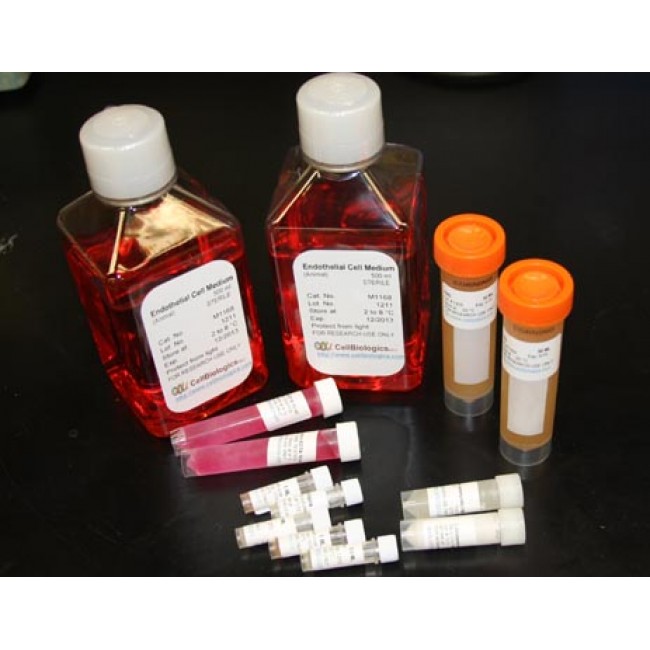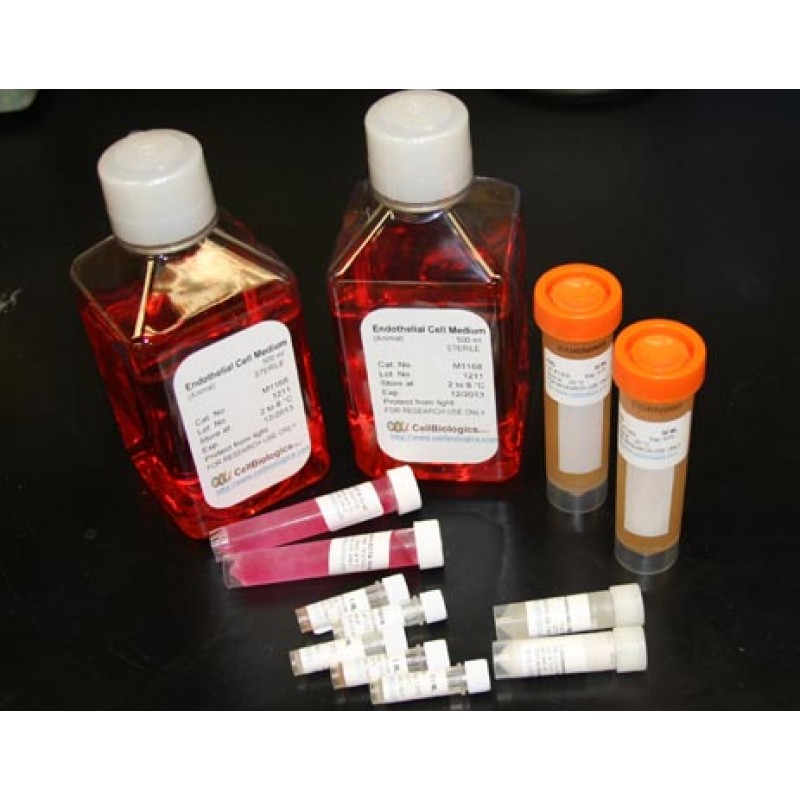IFN-gamma is produced mainly by T-cells and natural killer cells activated by antigens, mitogens, or alloantigens. It is produced by lymphocytes expressing the surface antigens CD4 and CD8. IFN gamma receptors are expressed on all types of human cells with the exception of mature erythrocytes. IFN-gamma-receptor complexes are rapidly internalized by endocytosis. IFN-gamma has antiviral and antiparasitic activities and also inhibits the proliferation of a number of normal and transformed cells. Interferon-gamma synergises with TNF-alpha and TNF-beta in inhibiting the proliferation of various cell types. The growth inhibitory activities of IFN-gamma are more pronounced than those of the other interferons. However, the main biological activity of IFN-gamma appears to be immunomodulatory in contrast to the other interferons that are mainly antiviral. T helper cells IL-2 induces the synthesis of IFN-gamma and other cytokines. IFN-gamma acts synergistically with IL-1 and IL-2 and appears to be required for the expression of IL-2 receptors on the cell surface of T lymphocytes. Blocking of the IL-2 receptor by specific antibodies also inhibits the synthesis of IFN-gamma.


